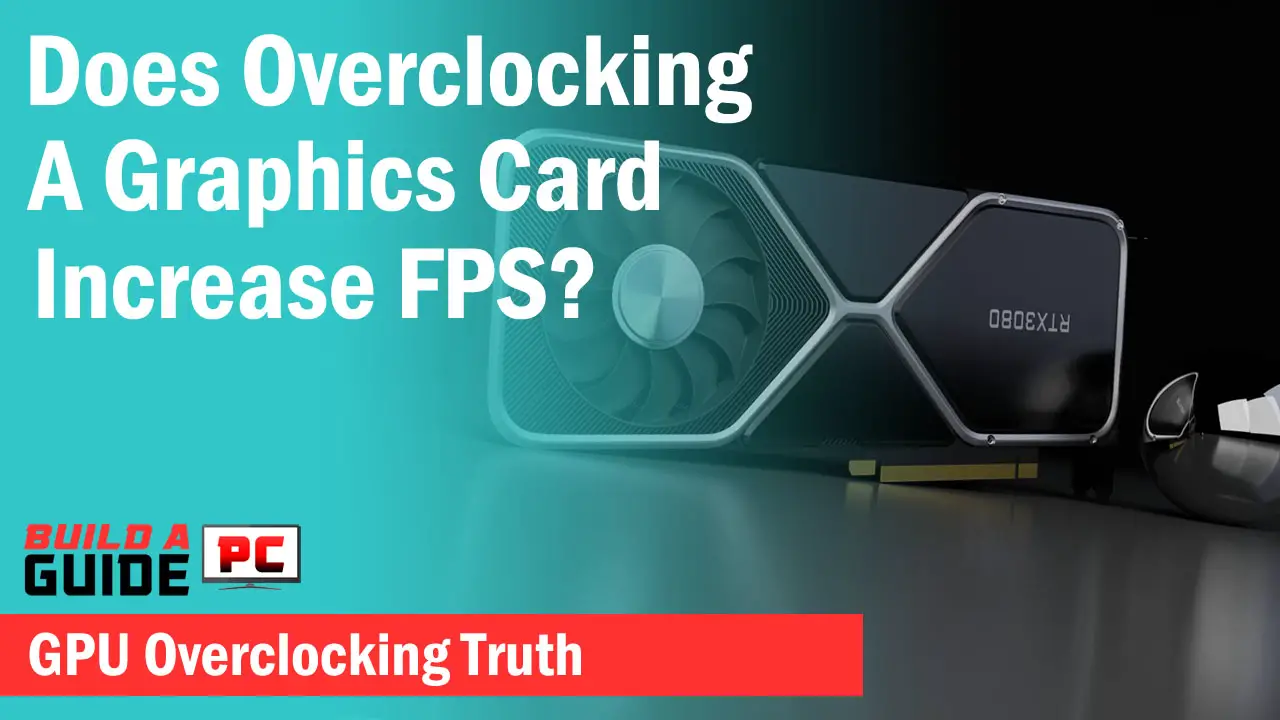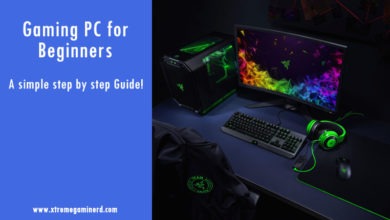One of the best things about being a member of PC Master Race is having the freedom to tweak the hardware and software to boost performance.
There could be no better way to have a performance boost other than overclocking your PC components because it is completely free.
Generally overclocking is possible on three components- CPU, graphics card, and RAM. The big question, however, is if the manufacturers allow overclocking on all of their components.
While manufacturers especially the CPU makers like Intel and AMD produce a separate category of CPUs that can be overclocked, there is no general rule for all the manufacturers to cover their products under warranty if damaged due to overclocking.
Let’s see some of the manufacturer’s policies on overclocking their warranty coverage.
Intel
Intel has the largest share in the CPU market and has been there for quite a while. Intel produces both locked and unlocked processors that either allow users to overclock or not.
The Intel processors having a “K” at the end of their model names are overclockable and can be overclocked using an unlocked motherboard. Obviously, Intel allows overclocking of these CPUs because they are made for this specific purpose.
According to Intel,
It is very similar to the statement Intel gave at the Rocket Lake press briefing last year where one of its officials said that overclocking is not covered under warranty.
This clearly means that if you overclock their CPUs and somehow the CPUs get damaged, Intel is no longer going to repair the CPUs or give a replacement except if you have the Intel Protection Plan.
AMD
The warranty coverage of AMD is similar to that of Intel. However, AMD still hasn’t provided a clear answer on its website. Unlike Intel, AMD doesn’t mention “Overclocking” at all on its warranty coverage page.
According to AMD, if their CPUs suffer Gross damage, the processors won’t be covered under the warranty. Gross damages are the physical damages due to improper operations such as damage through overvolt, frying of CPU, removal of a component through heating, etc.
In other words, AMD doesn’t mention damage through overclocking but the damage as a result of any process.
However, there is a statement of one of the officials of AMD that states,
Nvidia
Nvidia is the biggest manufacturer of graphics cards and according to the company, their GPUs are not covered under warranty if the problem is caused by abuse, misuse, negligence, or an act of God.
The company doesn’t have an explicit statement on overclocking and its relation to overclocking. It only says that it will cover the warranty if there are any manufacturing defects or hardware component failures.
EVGA
EVGA produces graphics cards and motherboards. Like any other AIBs, it provides several different versions of GPUs that are sold as special editions for overclocking.
EVGA is quite clear on its warranty coverage and says that Overclocking will not void your warranty. Whether you use any EVGA utility or any third-party tool for overclocking the GPUs or CPUs on their motherboards, EVGA will still provide a repair or replacement of their products.
EVGA, however, won’t cover its products under warranty if they are damaged to the point that the components soldered on the PCBs are removed. While EVGA doesn’t forbid users to install custom coolers, fans, and heatsinks, users need to return the products in their original condition with all things attached as before.
Other PC Hardware Companies
Other GPU and Motherboard manufacturers like MSI, Asus, ASRock, and such do not explicitly state their warranty terms for overclocking.
They all have a general rule for covering their products under warranty. If their products are modified, damaged, abused, or misused, they no longer will provide any repair or replacement for their products.
This doesn’t mean that they don’t allow overclocking of their GPUs and motherboards but they simply don’t cover any damages done through overclocking in their warranty period.
Final Words
If you look and read the warranty coverage policies of each manufacturer, it becomes clear that overclocking the CPUs, GPUs, and Memories generally doesn’t void the warranty but the physical damage as a result of the warranty may do.
Warranty coverage of each manufacturer might be different from the other where one manufacturer may cover particular damage whether physical or non-physical under some conditions whereas the other may not take any responsibility for any type of damage.

